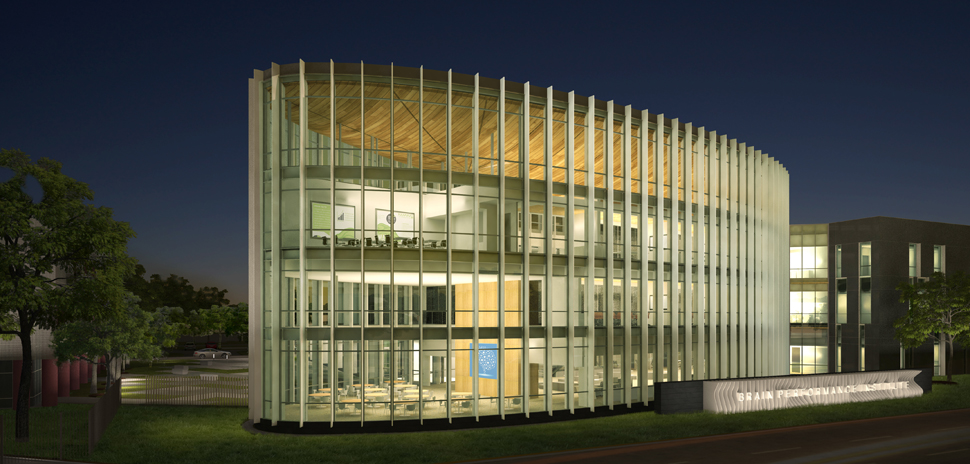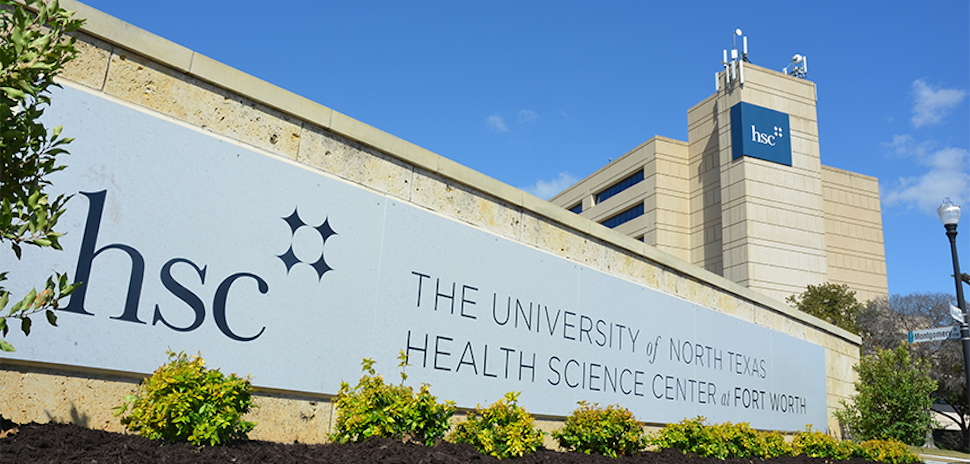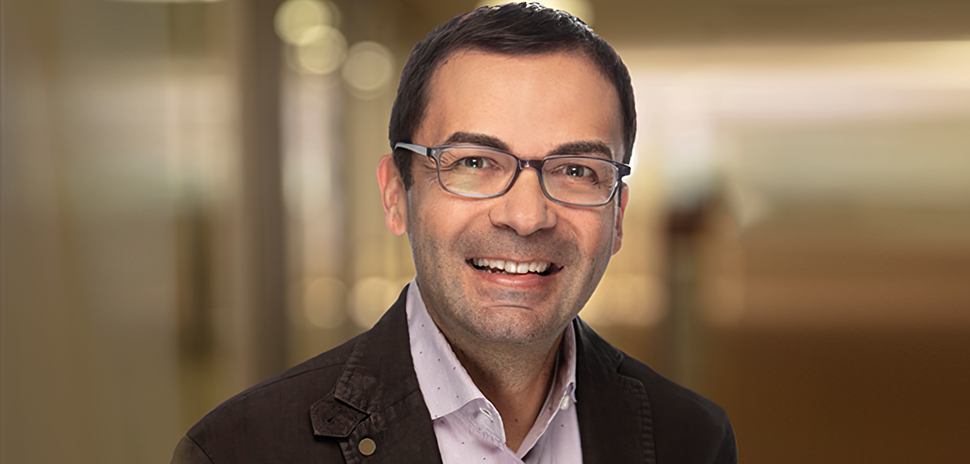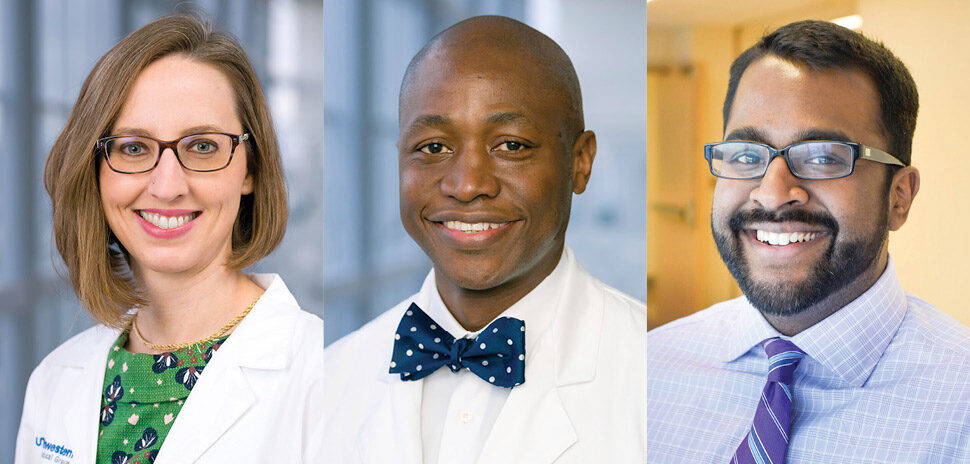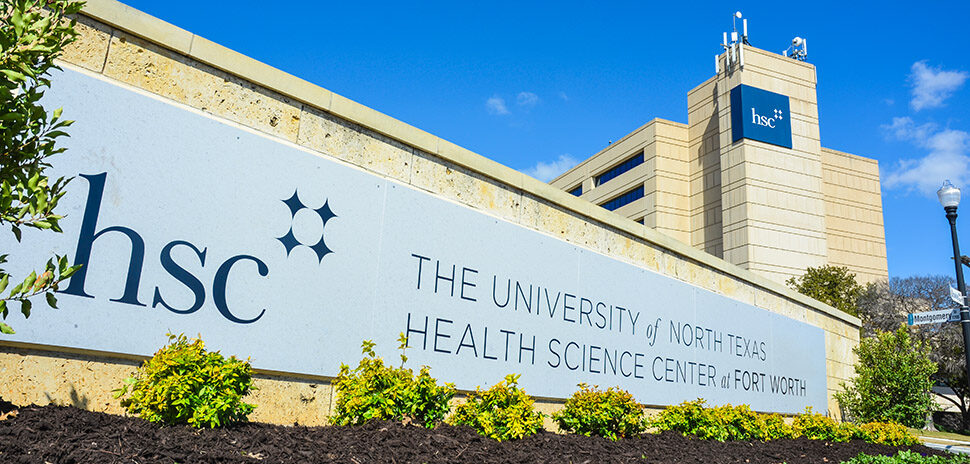The Center for BrainHealth at the University of Texas at Dallas has added a nationally recognized expert in blast injury research as executive director of its Brain Performance Institute.

Leanne Young [Photo Courtesy Center for BrainHealth]
Leanne Young comes to the Center for BrainHealth’s institute from Applied Research Associates Inc., where she helped make human vulnerability a core business sector for Applied Research Associates.
“Leanne’s experience and her wealth of knowledge will be an incredible asset as we develop and build a nationwide network of leading brain performance solutions,” Sandra Bond Chapman, founder and chief director at the Center for BrainHealth and Dee Wyly Distinguished University Professor in the School of Behavioral and Brain Sciences, said in a release. “Her engineering and business background will contribute to advancing our vision to empower people of all ages to unlock their brain potential.”
She previously worked at the U.S. Department of Defense’ Combating Terrorism Technology Support Office, the Office of Naval Research, the Medical Research and Material Command, and the Defense Advanced Research Projects Agency (DARPA).
Young worked on a variety of projects related to characterizing and preventing traumatic brain injuries in a blast environment, according to a release from the Center for BrainHealth.
She recently completed all of the requirements for a Ph.D in cognitive neuroscience at the University of Texas at Dallas.
Young’s appointment prompted us to put our thinking caps on, and we posed three questions related to her new role:
Q. How will your experience as an engineer help you in your role at the Center for BrainHealth?
The way I’ve been trained to approach problems during my more than 20-year career as an engineer is different than the “typical” cognitive neuroscientist at the Center for BrainHealth. So, whether we are evaluating a new brain health innovation or ways to increase nationwide brain health awareness, the mixture of engineers and bio-scientists around the Center for BrainHealth and its Brain Performance Institute make problem-solving more fun and more effective than any one individual or individuals from any one discipline would otherwise be.
Q. What is the most important role for the Center for BrainHealth/Brain Performance Institute in helping people achieve good brain health?
The public is only just beginning to think about brain health, and most of us only think about our brains when something goes wrong –- a head injury, a stroke, or the onset of dementia. One of the most important roles for the Center for BrainHealth and its Brain Performance Institute is to lead people to an awareness of their brain health, not just as something to worry about when it is gone, but as something that we can maintain and improve over our life span. At the Brain Performance Institute, I am excited to lead a team who is dedicated to delivering brain science innovations that will improve how people think, work, and live.
Q. What fascinates you most about the human brain?
I find it extraordinary that through “mind-level” activities such as social interactions, education, cognitive exercises, and mindfulness practices we can quite literally change the structure and function of our brains. How empowering! We are still at the cusp of really understanding how the mind affects our brains on a molecular level, but the data is already overwhelming: We can change our brains.
Delivering what’s new and next in Dallas-Fort Worth innovation, every day. Get the Dallas Innovates e-newsletter.

